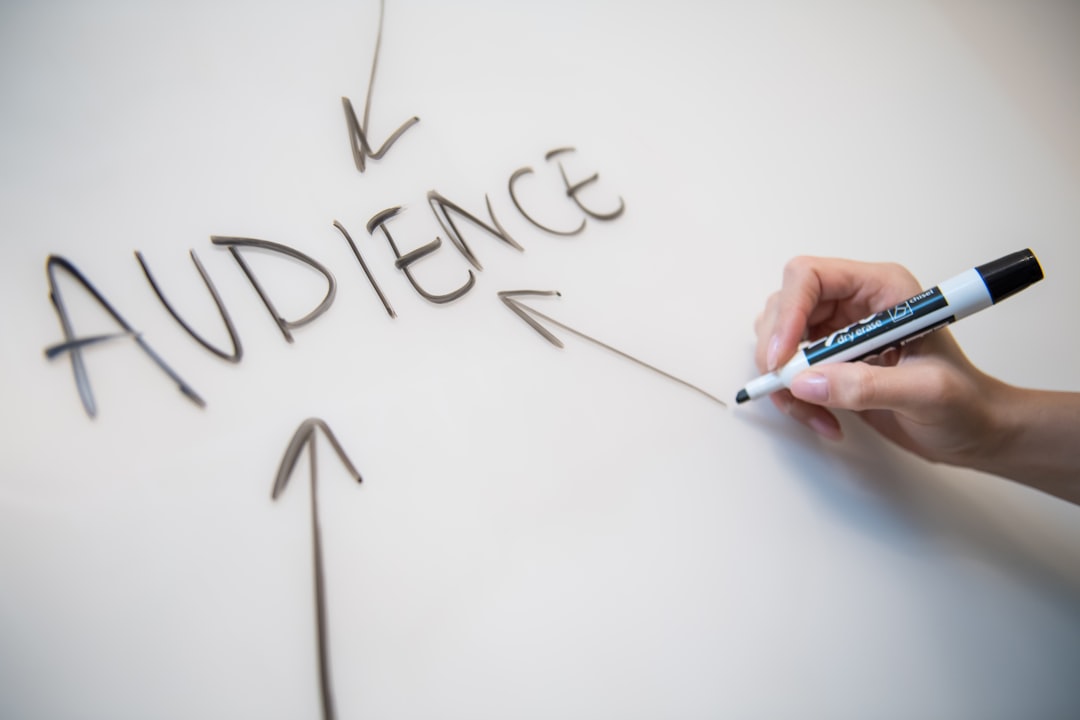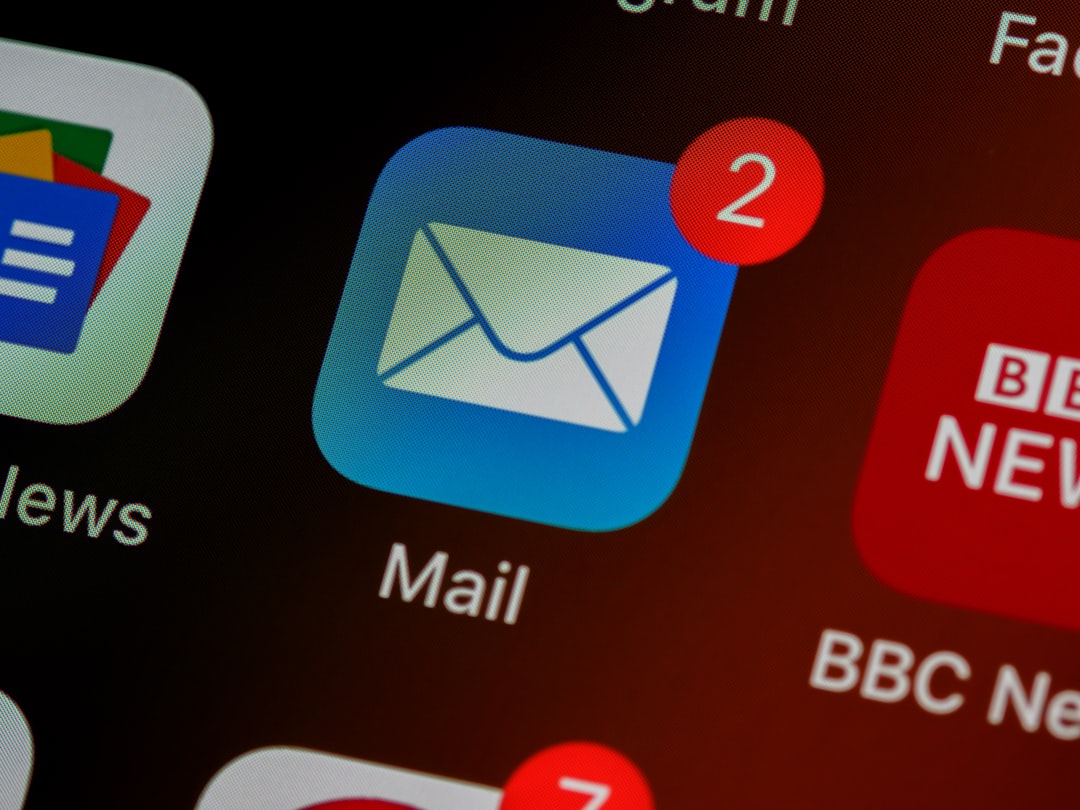Unlock Your Writing Journey: Powerful Tips for New Authors
Unsure what's best for you? Here are my top tips! (And a word on the Nazi thing)

One of the most confusing parts about being an author (especially an indie author), is where, how, and who to connect with, which feels overwhelming. Because it is.
Which then turns to analysis paralysis - too many choices equals no choice at all. Your journey as an author is not just about promoting books; it's about storytelling, building communities, and fostering connections that enrich your and your readers’ lives.
(Or to authors behaving badly - don’t be like this first-time author whose U.S. publisher and her agent dropped her after readers and fellow authors accused her of posting fake negative reviews to a popular book recommendation website (which she admitted to).
I just turned sixty. Most of my clients are around my age or older, so a lot of the more modern types of digital marketing are not native to many. So, dear reader, let’s talk about some insider-type shit. Think of each tip as part of a village.
Social Media: The Town Square
Think of social media platforms like Instagram, X (formerly Twitter), TikTok, or Facebook as bustling town squares. This is where we can connect directly with our audience, share snippets of our writing journey, and build a community.
More on social media here:How Writers Can Leverage Social Media to Boost Success
·The question of whether writers must use social media is kind of like asking if you need to put ketchup on fries. Some people swear by it, while others opt for mayo, vinegar, or nothing at all (my preference). The answer hinges on what you're aiming to achieve with your writing career.
Just like a town crier in a square, authors need to find a unique voice that captures attention. An example is how fantasy author Neil Gaiman used X/Twitter to engage with fans, providing insights into his writing process and personal life, which in turn, created a loyal following.
(I’ve even DM’d with him about our mutual love for Tori Amos. Nice dude. Quit Twitter now that it’s X. Bummer, but I get it.)Book Reviews: The Word of Mouth
Reviews are modern-day word-of-mouth recommendations. They're incredibly powerful, acting as social proof to potential readers.
New authors need to encourage reviews, perhaps by providing advanced reader copies (ARCs), or creating a giveaway. Connecting with potential beta-readers or ARC readers on social media can make this easier.
More here:10 Proven Strategies to Boost Book Reviews Without Breaking the Bank
·When it comes to getting book reviews, there are some truly cost-effective strategies you can consider. Here’s what I use for my own books and my clients: 1. Leverage Social Media Social media serves several functions: connection, building relationships, and building visibility. Consistently use platforms like X(formerly Tw…
Guest blog posts, XSpaces, FB or IG or TikTokLive, videos, or podcasts are also crucial for word-of-mouth.
Email Marketing: The Personal Messenger
Building an email list is like having a direct line to your readers. It's more personal and controlled than social media.
Substack can be a strategic place to connect with readers, other writers, and pub industry folks. Well, except…have you read about the whole Substack Nazi stuff? - More here and here. Highly concerning. Thoughts?Learn more about how to grow your email list here:
The BEST Way To Grow Your Subscriber List
·You probably know that growing your email subscriber list can be an extremely effective and efficient way to grow your readership. What is the best way I’ve found to grow email subscriber lists? Booksweeps! * *I am not an affiliate, so there is no financial gain to me if you use their services. I’ve grown my own and my au…
Website: Your Home Base
A well-designed author website acts as a home base. It's a place where readers can learn more about you and your books, sign up for your newsletter, read your posts, and connect with you on social media.
Plus, and this is a big one, we’re not dependent on some tech billionaire’s latest whim. Your site is yours (tip: buy your domain).
Think of it as your personal bookstore window display. Take a look at Authorbytes for excellent author website options (mention me and receive a 20% discount!) Authorbytes.com.Paid Advertising: The Paid Herald
This can be a quick way to get your book in front of potential readers. Platforms like Amazon, Facebook, and Google offer targeted advertising options. Where is best? That’s the topic of my next newsletter.
For now, look at your ideal reader (e.g., female, over 50, college-educated). If your book isn’t out yet, that’s okay. Look at similar books in your genre (as well as their marketing/socials) - these are called comps.
Facebook ads might be best in the example above, given that it’s an older demographic. That type of analysis can help you determine where to spend your precious ad dollars.
* For Amazon ads, reach out to Charlie Levin at Munn Avenue Press. Tell him I sent ya! Charlie is a talented mystery author with tons of ad and book-shepherding experience.
* Need Facebook ads help? Send me an email at badredheadmedia@gmail.com to hire me to either create and manage your ads or teach you how to do it.
Advertising costs money, so it's important to understand the return on investment.
Since Amazon (and other retailers) don’t tell us where our sales originate (e.g., from Facebook, your website, a newsletter, etc.), use free Booklinker, which creates universal links you can track.
Networking: The Allies and Guilds.
Joining writing groups, attending literary events, and connecting with other authors can open doors to opportunities like joint promotions, cross-marketing, and valuable advice.
Writing groups are wonderful places for mutual support and resources.
Remember, marketing a book is a marathon, not a sprint. It requires patience, persistence, and a willingness to learn, adapt, succeed at some, fail at others - and that’s all part of the process.
For more specific strategies and examples, I recommend checking out resources like "Your First 1000 Copies" by Tim Grahl, which offers a practical guide to book marketing, and websites like Jane Friedman’s blog for up-to-date insights on the publishing industry.
***
I’ll be doing an entire author branding discussion with Vennie Kocsis on January 16. Click now to set a reminder or listen to the replay. FREE help, y’all!
I look forward to lots of writing and marketing in this new year. Please join me! 🥳








If I'm here and have a newsletter here, do I need a newsletter from my website?
This is a great summary! Thank you for putting this together.